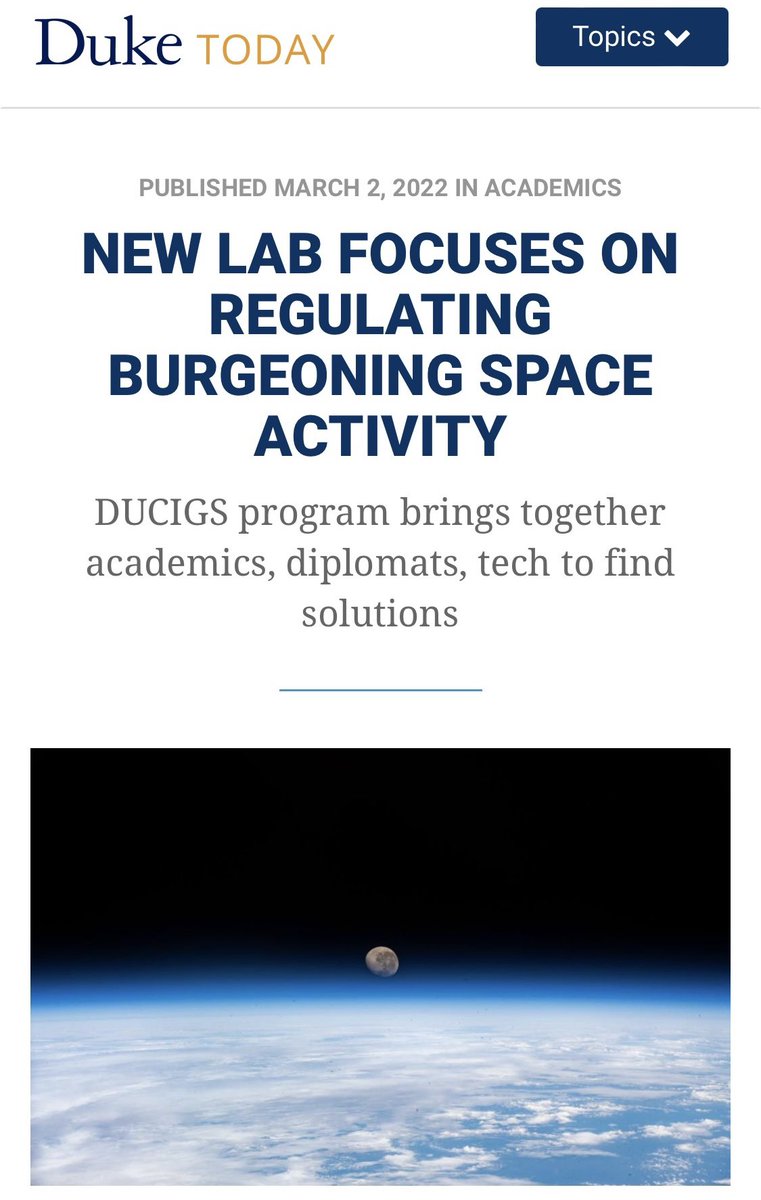
[1] “Once one dismisses the rest of all possible worlds, one finds that this is the best of all possible worlds”
This @washingtonpost retelling of the #NordStream2 sanctions saga borders on the Panglossian by missing key elements:
👇THREAD👇
washingtonpost.com/opinions/2022/…
This @washingtonpost retelling of the #NordStream2 sanctions saga borders on the Panglossian by missing key elements:
👇THREAD👇
washingtonpost.com/opinions/2022/…
[2] First, the article suggests that the metric by which the July 2021 “deal” to drop mandatory, bipartisan Congressional sanctions to stop the Kremlin-backed #NordStream2 pipeline was an agreement focused such that if Putin invaded Ukraine, Berlin would stop the project: 

[3] The article then includes a statement from Germany’s Ambassador to the US, calling the July 2021 “deal” to give the Putin regime’s marquee energy influence project a pass from mandatory sanctions “a sublime form” of “partnership management”: 

[4] The problem with this framing, is the “deal” clearly stated Berlin would take actions, including national regulatory action & pressing for sanctions at the EU level, to stop NS2 *should Russia attempt to use energy as a weapon* - which it continually did after “deal” reached: 

[5] US-German joint statement was causal: *if* Moscow weaponizes energy *then* Berlin would seek sanctions at EU level.
Moscow demonstrably weaponized energy throughout 2021 by intentionally limiting gas volumes injected to their own EU storages, problematic for EU into 2022.
Moscow demonstrably weaponized energy throughout 2021 by intentionally limiting gas volumes injected to their own EU storages, problematic for EU into 2022.
[6] In spite of the energy weaponization threshold being met, Berlin (Merkel and early Scholz govs) failed to seek sanctions & the Merkel government even elected to issue an assessment in late 2021 that NS2 did *not* pose a threat to EU energy security… *during the gas crisis*‼️
[7] Repeating here: I’ve written extensively on the real-time dynamics of Russia’s energy weaponization in 2021 for @CEPA here:
cepa.org/no-time-to-fre…
cepa.org/no-time-to-fre…
[9] But don’t just take my word for it, many other experts consistently pointed out in late 2021 the clear assessment that #Russia had #weaponized energy by any reasonable threshold, including here for @HURI_Harvard (in addition to my own entry):
huri.harvard.edu/tcup-commentar…
huri.harvard.edu/tcup-commentar…
[10] But you might say: Why does this matter - in the end Berlin suspended certification of #NordStream2 & Washington sanctioned the project just hours before the war started? It’s over, so all’s we’ll that ends well, right?
[11] Well, sure, it was an incredibly important step to stop the Kremlin’s #NordStream2 pipeline, even at such a late hour.
But forgetting that the metric for stopping the project was Russia threatening EU energy security is the problem with this retrospective.
But forgetting that the metric for stopping the project was Russia threatening EU energy security is the problem with this retrospective.
[12] Ignoring this vital point does a disservice to future energy diplomacy and policymaking on EU energy security. The reason why #NordStream2 needed to be stopped since 2015 was the grave energy & national security threat it posed to EU & Ukraine…
[13] …in addition to the way that it allowed for further Kremlin authoritarian elite capture and strategic corruption trends to flourish across (in particular) Western Europe…
[14] …Of course, stopping #NordStream2 in the event of Russia’s invasion of Ukraine needed to happen, but it came at far too late an hour to do anything to change Putin’s calculus toward ongoing (already for over half a year at the time) weaponization of energy against the EU…
[15] …and arguably helped embolden Putin to do exactly the sort of thing (gas cutoff coercion going on now) that #NordStream2 would have further fostered by building in structural vulnerability of the EU to Kremlin energy coercion.
[16] As it is, Putin cut off gas supplies since the onset of the war to Poland, Bulgaria & Finland (at last count), while the Realpolitik approach to energy trade with Russia continues to thwart EU energy sanctions consensus. My latest on this for @CEPA:
cepa.org/natos-eastern-…
cepa.org/natos-eastern-…
[17] So understanding the details of how the #NordStream2 policy saga played out is really vital since, although it’s stopped for now, there is the very real potential that it or another energy security-threatening Kremlin project could return no matter how the war ends.
[18]After all, Kremlin & other defenders of Russia’s state-owned energy firms have long claimed variations on the theme that Moscow’s energy projects are “just commercial” & “Russia has always been a reliable energy supplier” (this fallacy highlighted 👇)
https://twitter.com/BLSchmitt/status/1525269320544264193?s=20&t=fmaJdkT6MjPST8R3HimnDg
[19] As my @CEPA teammate @General_Ben rightly points out:
https://twitter.com/general_ben/status/1530196310942416896?s=21&t=o8lXX_jx2f0JgPZgegLJZA
[20] So what can we do with this context in mind?
Accelerate the process of ending European imports of all Russian energy resources, starting by Berlin taking steps to stop #NordStream1‼️
#NotJustACommercialDeal
#StopNordStream1
#KeepNordStream2Stopped
#StopTurkStream2
[END]
Accelerate the process of ending European imports of all Russian energy resources, starting by Berlin taking steps to stop #NordStream1‼️
#NotJustACommercialDeal
#StopNordStream1
#KeepNordStream2Stopped
#StopTurkStream2
[END]
• • •
Missing some Tweet in this thread? You can try to
force a refresh









